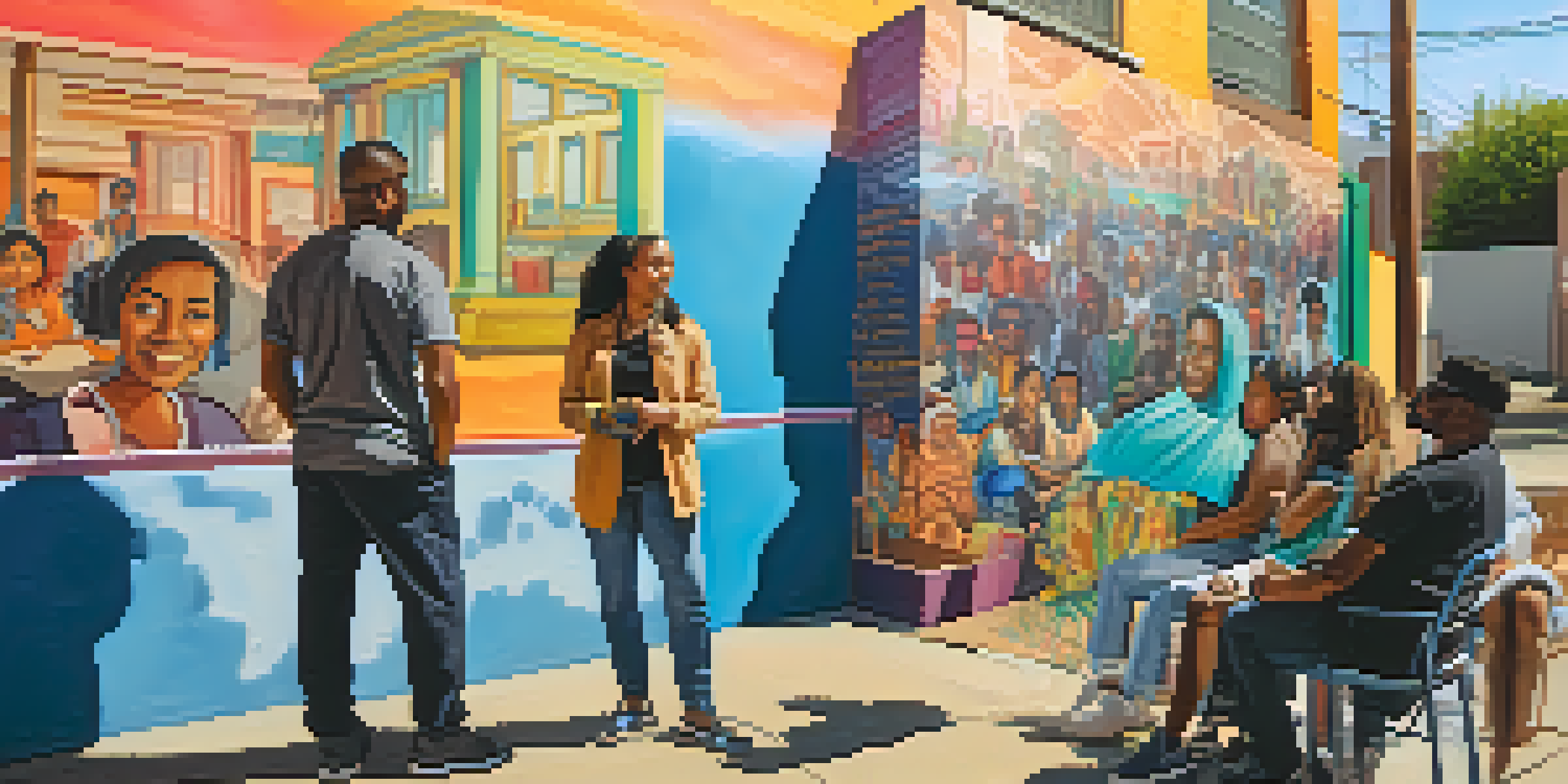How Documentaries Amplify Voices for Social Change in Society

Understanding the Power of Documentaries in Society
Documentaries serve as a powerful medium for storytelling, allowing filmmakers to shine a light on pressing social issues. They provide a platform for voices that may otherwise go unheard, showcasing diverse perspectives and experiences. This unique storytelling approach not only informs viewers but also evokes empathy, compelling them to engage with the subject matter on a deeper level.
Highlighting Marginalized Communities Through Film
Many documentaries focus on marginalized communities, revealing their struggles and triumphs. For instance, films that document the lives of refugees or indigenous peoples offer critical insights into their realities. By sharing these stories, documentaries foster understanding and promote social empathy, encouraging viewers to advocate for change.
Documentaries Amplify Marginalized Voices
By highlighting the stories of marginalized communities, documentaries foster understanding and empathy, encouraging viewers to advocate for social change.
Driving Awareness of Social Issues
Documentaries often tackle social issues such as climate change, racial injustice, and gender inequality. By presenting facts alongside personal stories, they create a compelling narrative that resonates with audiences. This blend of information and emotion not only raises awareness but also inspires viewers to take action in their own communities.
Creating Dialogue and Encouraging Activism
A well-crafted documentary can spark conversations that lead to meaningful dialogue. When viewers engage with the themes presented, they are more likely to discuss them with friends and family, further amplifying the message. This dialogue can transform into collective activism, as individuals come together to advocate for the changes showcased in these films.
Driving Awareness and Activism
Through a blend of facts and personal narratives, documentaries raise awareness of critical social issues and inspire viewers to take action.
The Role of Social Media in Amplifying Voices
In today's digital age, social media plays a crucial role in promoting documentaries and their messages. Platforms like Instagram and Twitter allow filmmakers to reach wider audiences, encouraging viewers to share the content. This sharing not only amplifies the voices featured in the films but also helps to mobilize support for various causes.
Case Studies: Documentaries That Sparked Change
Several documentaries have made significant impacts on social movements, such as '13th,' which explores the intersection of race and the justice system. Another example is 'The True Cost,' which sheds light on the fashion industry’s exploitation. These films not only educate viewers but also inspire them to join movements advocating for justice and equality.
Educational Value for Future Generations
Incorporating documentaries into educational curricula empowers younger generations to engage critically with important social topics.
Educating Future Generations Through Documentaries
Documentaries serve as educational tools, informing younger generations about critical social issues. Schools are beginning to incorporate documentaries into their curricula, enhancing students’ understanding of complex topics. By doing so, educators empower students to think critically and engage actively with the world around them.
The Future of Documentaries in Social Change
As technology advances, the potential for documentaries to drive social change will only grow. Emerging filmmakers are exploring innovative storytelling techniques, reaching audiences in new ways. This evolution ensures that diverse voices will continue to be amplified, fostering awareness and inspiring action for years to come.